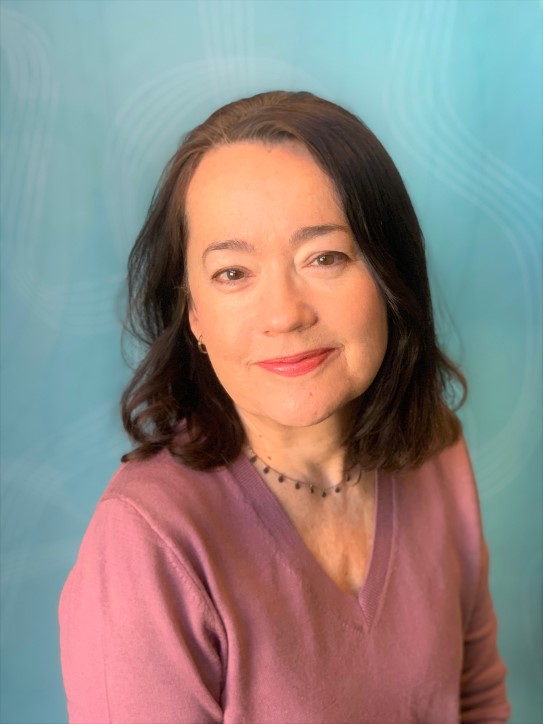Pinar Tank
Pinar Tank is Senior advisor and at Prio (Peace Research Institute) in Oslo.
Tanks research is consentrated around Turkish internal- and foreignpolicy, with emphazis on Turkish relations in the Middle East.

Pinar Tank is Senior advisor and at Prio (Peace Research Institute) in Oslo.
Tanks research is consentrated around Turkish internal- and foreignpolicy, with emphazis on Turkish relations in the Middle East.